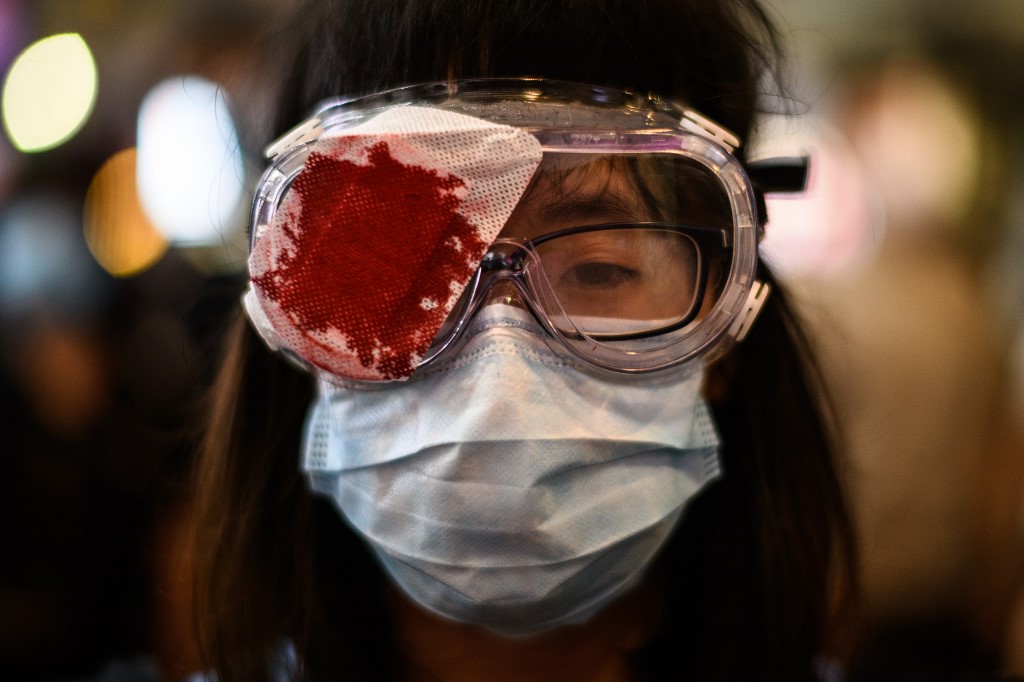(ATF) The Hong Kong dollar, since 1983, has been tied to the US dollar through a currency board arrangement, which specifies the exchange rate at 7.8 HKD to one USD, and a permissible trading range of HKD7.85-7.75. Whenever the exchange rate nears or touches either end of the band, the Hong Kong Monetary Authority (HKMA) is obliged to intervene in the market by buying or selling US dollars.
The principal danger point, of course, would arise if the HKMA’s USD reserves proved insufficient to prevent the HKD from dropping below 7.85. In 1997, at the time of the handover of Hong Kong from the UK to the People’s Republic of China, currency speculators led by George Soros tried to break the peg. They didn’t come close … though they forced the HKMA to spend US$118 billion in its defence.
More recently, as I have reported, Texas hedge fund manager and fierce China foe Kyle Bass has raised a fund betting on the collapse of the peg within 12 months.
With the ammunition of the HKMA now at more than US$420 billion and the commitment by the People’s Bank of China (PBoC) via swap lines to support HKMA defences with parts of its more than US$3 trillion in reserves, Bass’s bet looks like a fool’s play.
In fact, ever since the end of April, the HKMA has had the opposite problem: preventing the HKD pushing above the top line of 7.75 by selling tens of billions of HKD in exchange for USD.
Throughout May and June, the HKD has traded at or very near its upper limit as large inflows of US dollars into the Hong Kong stock market have created a high tide of USD liquidity.
I think it is safe to say that purely “commercial” action will not break the peg.
Nor is there direct legal action on the part of the US government or the US Fed that could touch the peg. The HK Administrative Region of China (HKSAR) does not require the permission of the US to peg its currency to the USD.
But the question that arises is whether the Trump Administration, in the course of imposition of trade and related sanctions on China and the HKSAR, might attempt to deny USD access to the HKMA and Hong Kong banks.
That’s thinkable. The US is practicing this with respect to Iran. Some in the US Senate are advocating US dollar denial in response to the promulgation of the new National Security Law approved today by the Standing Committee of the National People’s Congress.
But Hong Kong is not Iran. Hong Kong is the world’s third-largest USD trading hub. Major US firms, including all major banks, hold large assets in Hong Kong. Denial through sanctions of USD to the HKMA would be a nuclear option not only against Hong Kong, but against very substantial US assets and the global status of the USD itself as a freely convertible global reserve currency.
At 7pm HK time, the HKD traded at 7.7503 after fluctuating all day between that level and the upper limit of 7.7500.
There will be some exchange rate turbulence if social unrest returns to Hong Kong in response to the national security law. The HKD peg will survive it.
























